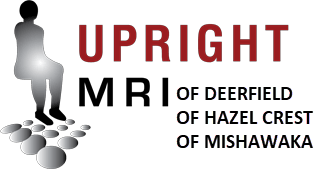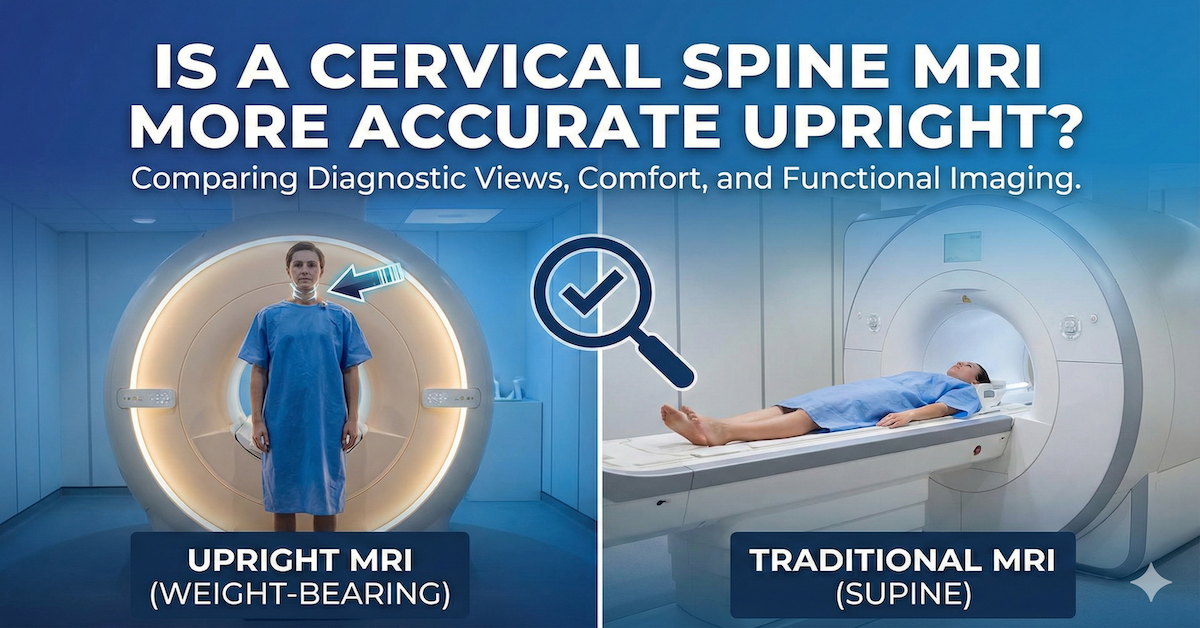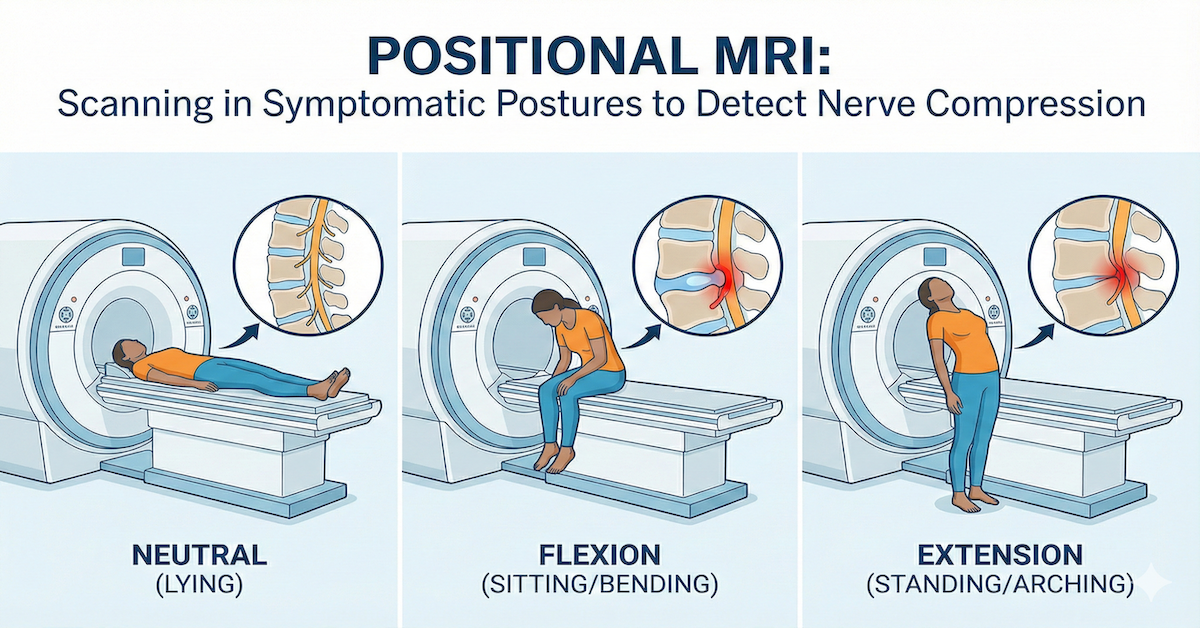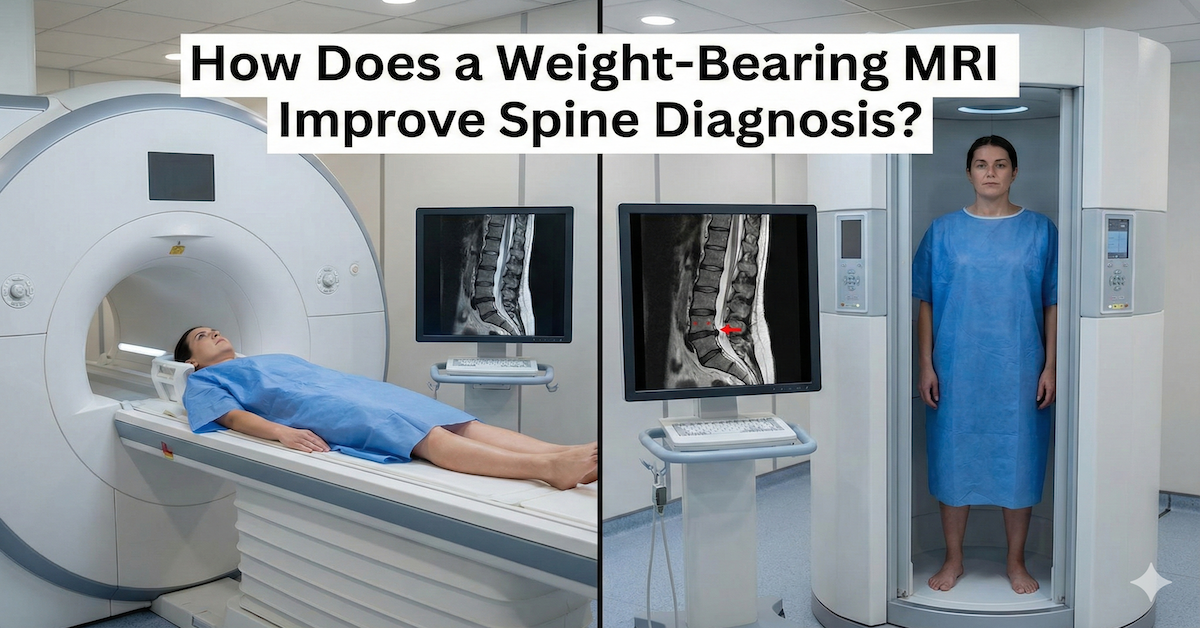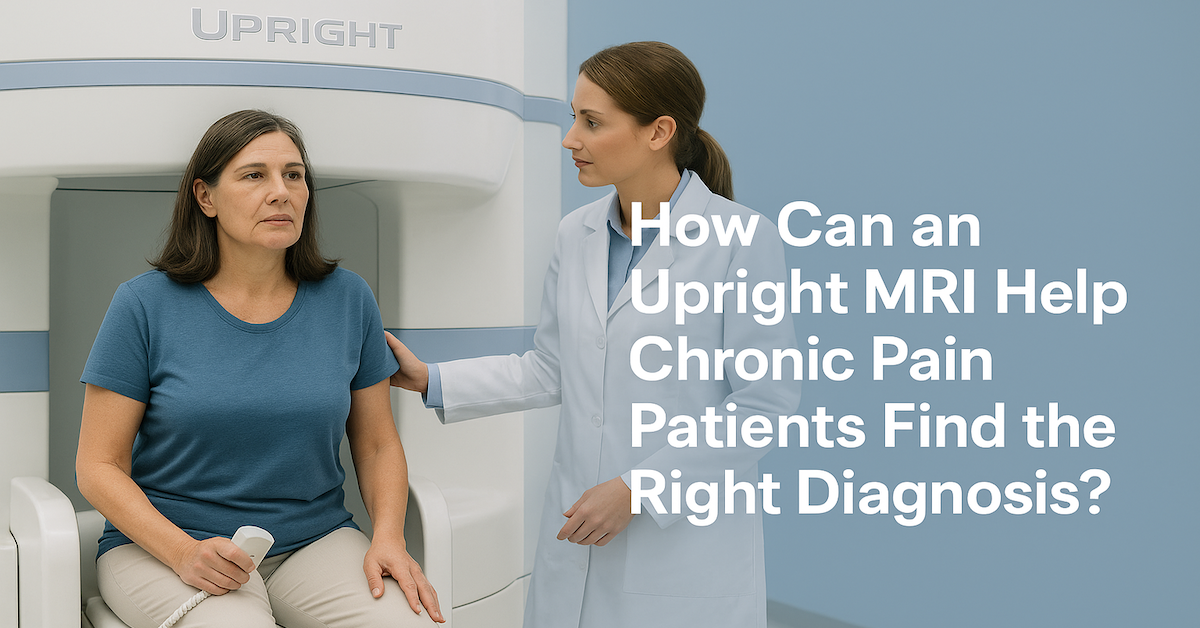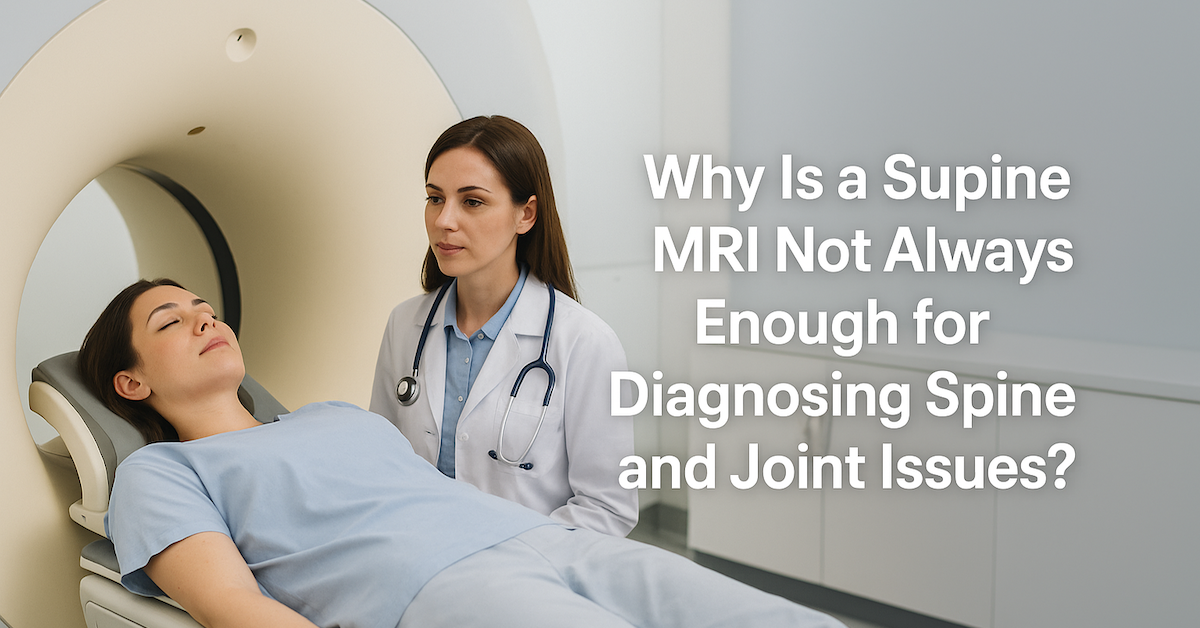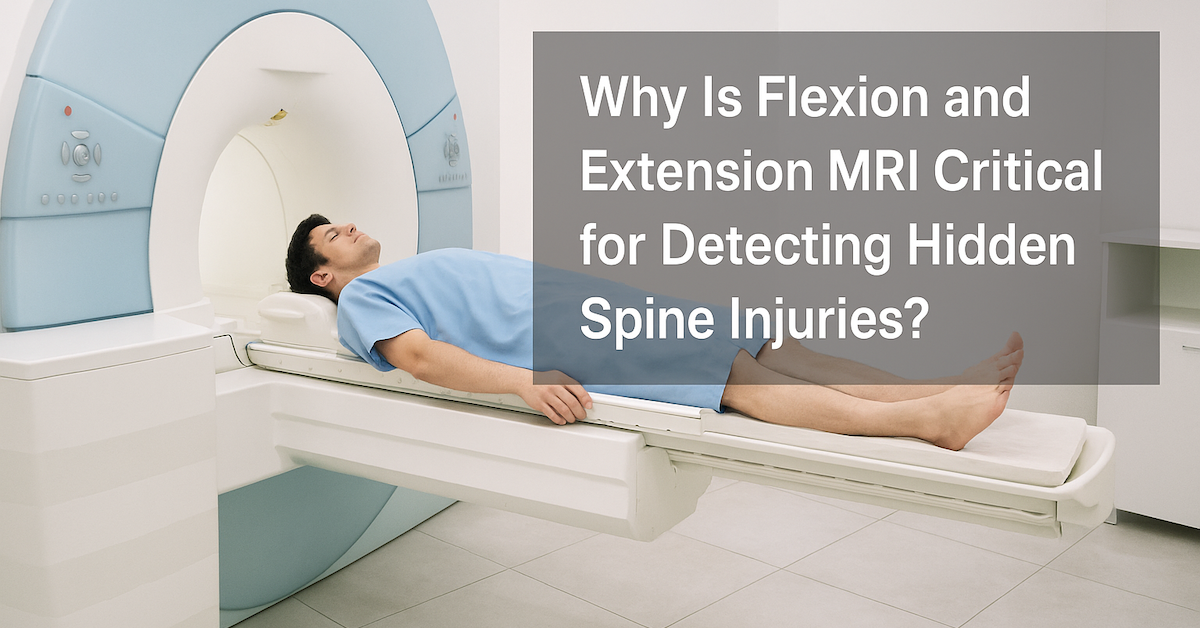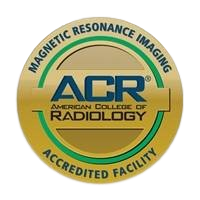MRI Role in Evaluating Spinal Cord Injuries (SCI)
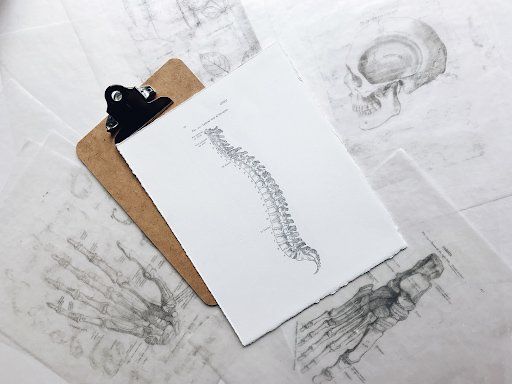
Spinal cord injury (SCI)
Patients that have faced a traumatic accident and suspect an injury to their spine should seek emergency care. Diagnosis of the issue can begin at the scene of the accident, but usually the patient will be ushered in to receive several imaging tests that clarify what’s happening with their spinal cord.
While the damage may be happening to the patient’s spinal cord, signs of symptoms of a SCI can extend to affect the patient’s sympathetic nerve system (SNS), which is key to multiple action functions of your body, such as breathing and digestion.
Diagnosis of a SCI
Typically if a SCI is detected, emergency medical technicians (EMTs) will rush to the scene of the accident to check the patient’s breathing and get the patient transported to a rigid neck brace and backboard in order to transport them to an ambulance.
Once the patient arrives at the hospital, physicians perform a physical and neurological exam to determine the patient’s ability to move and detect any loss of feeling in the arms and legs. After these evaluations, the patient will be evaluated by imagining tests, such as an X-ray, computed tomography (CT) scan, and magnetic resonance imaging (MRI).
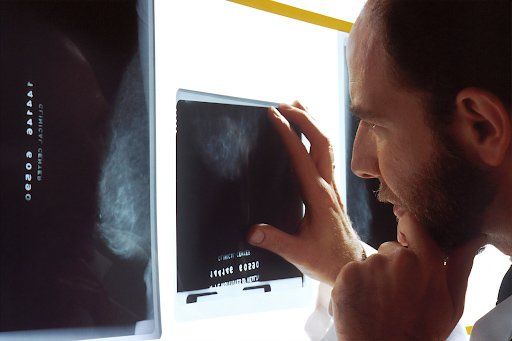
MRI Role in evaluating a SCI
By using powerful magnets that create detailed images of the spine, MRI scans have the ability to show the specifics of a SCI, such as a hemorrhage or disc herniation.
The benefit of Upright MRI of Deerfield’s Open Upright MRI for SCI patients is that it is truly open and allows the patient to be imaged in multiple different positions – whatever is needed for a SCI patient. This is why it’s considered the most patient-friendly MRI in the world.
The MRI can show things happening in the spinal cord that can offer clear benefits for a patient. For example, if the MRI shows a disc disorder, physicians know early, which can help prevent new nerve-related issues in the future.
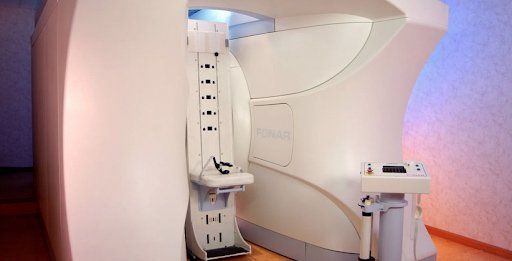
What to do if faced with a SCI
Not all SCIs occur from one traumatic accident – some occur over time through illnesses.
Fearing you have a SCI can be an overwhelming feeling. If you do suspect you have a SCI, call your doctor to understand your options for diagnosis. Rehab and/or surgery could help manage any pain and prevent issues down the road.
While it may be a daunting feeling to learn you have a SCI, there is hope, and the earlier you talk to your doctor about it the better. To learn more about Upright MRI of Deerfield,
visit our website.

SHARE THIS POST:
Leave a Comment:

The World's Most Patient-Friendly MRI. A comfortable, stress-free, and completely reliable MRI scan. We offer patients an open, upright, standup MRI experience that helps those who are claustrophobic and stress being in a confined area. Upright MRI of Deerfield is recognized as the world leader in open MRI innovation,
Our Recent Post
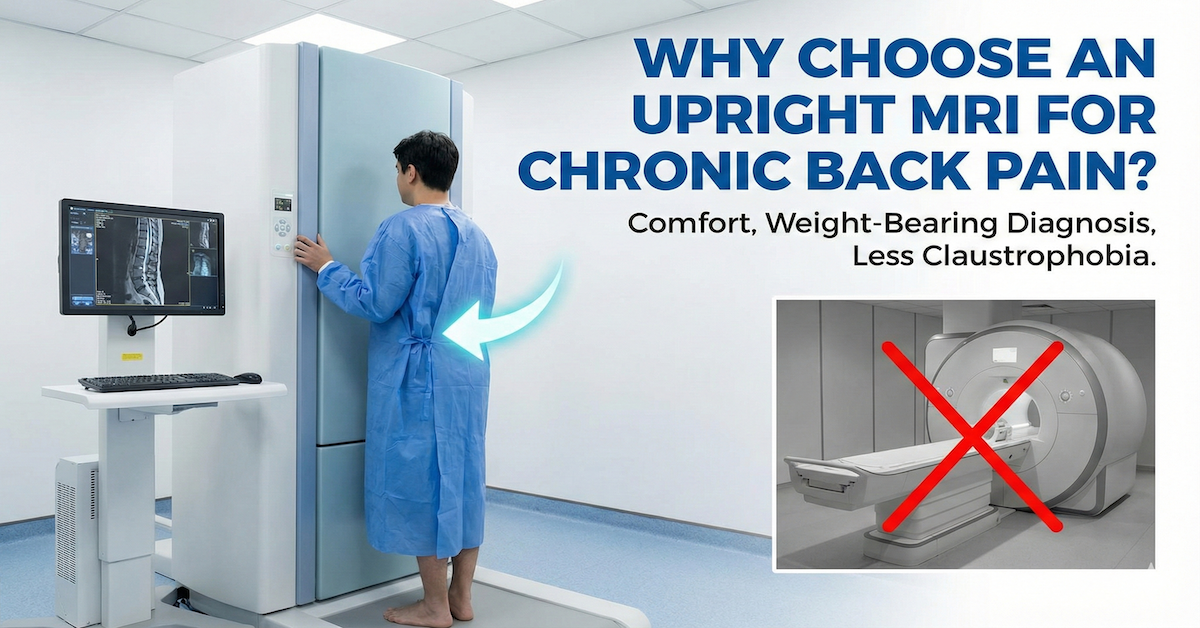
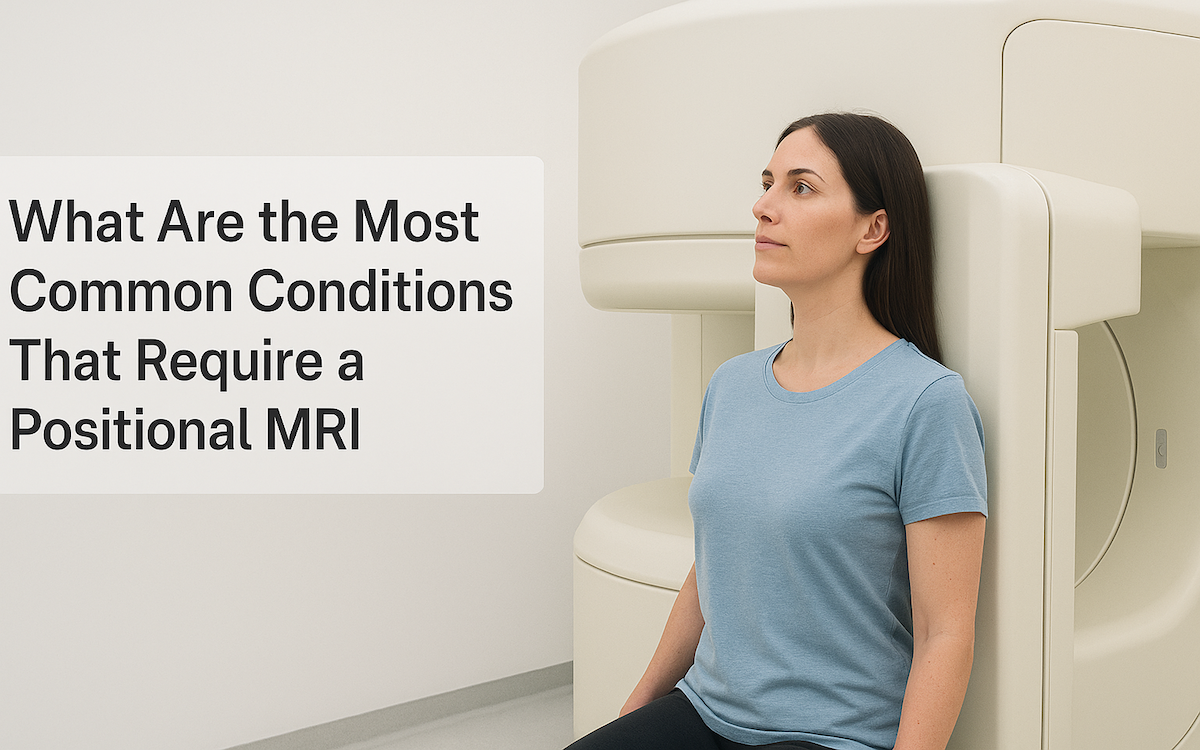
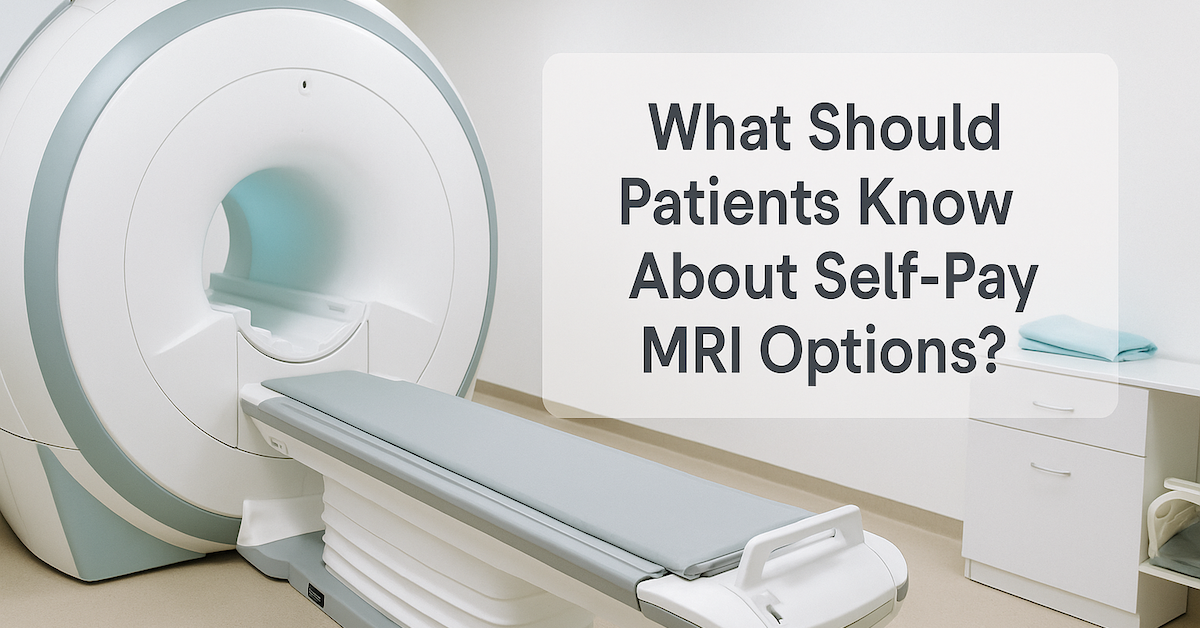
READ PATIENT TESTIMONIALS
Upright MRI of Deerfield.
Susan D.,
Highland Park, 39
I am going to tell everyone about your office! This was a great experience after I panicked in other MRI machines and had to leave. Thank you so much.

Judith B.,
Milwaukee, 61
I suffer from vertigo and other MRIs do not work. This was wonderful…absolutely NO discomfort at all. The MRI was so fast…I wanted to stay and watch the movie! Mumtaz was great. His humor really put me at ease. I’ve already recommended Upright MRI to friends.

Delores P.,
Glencoe, 55
Everything is so nice and professional with your place. I have been there a couple of times. My husband and I would not go anywhere else.

